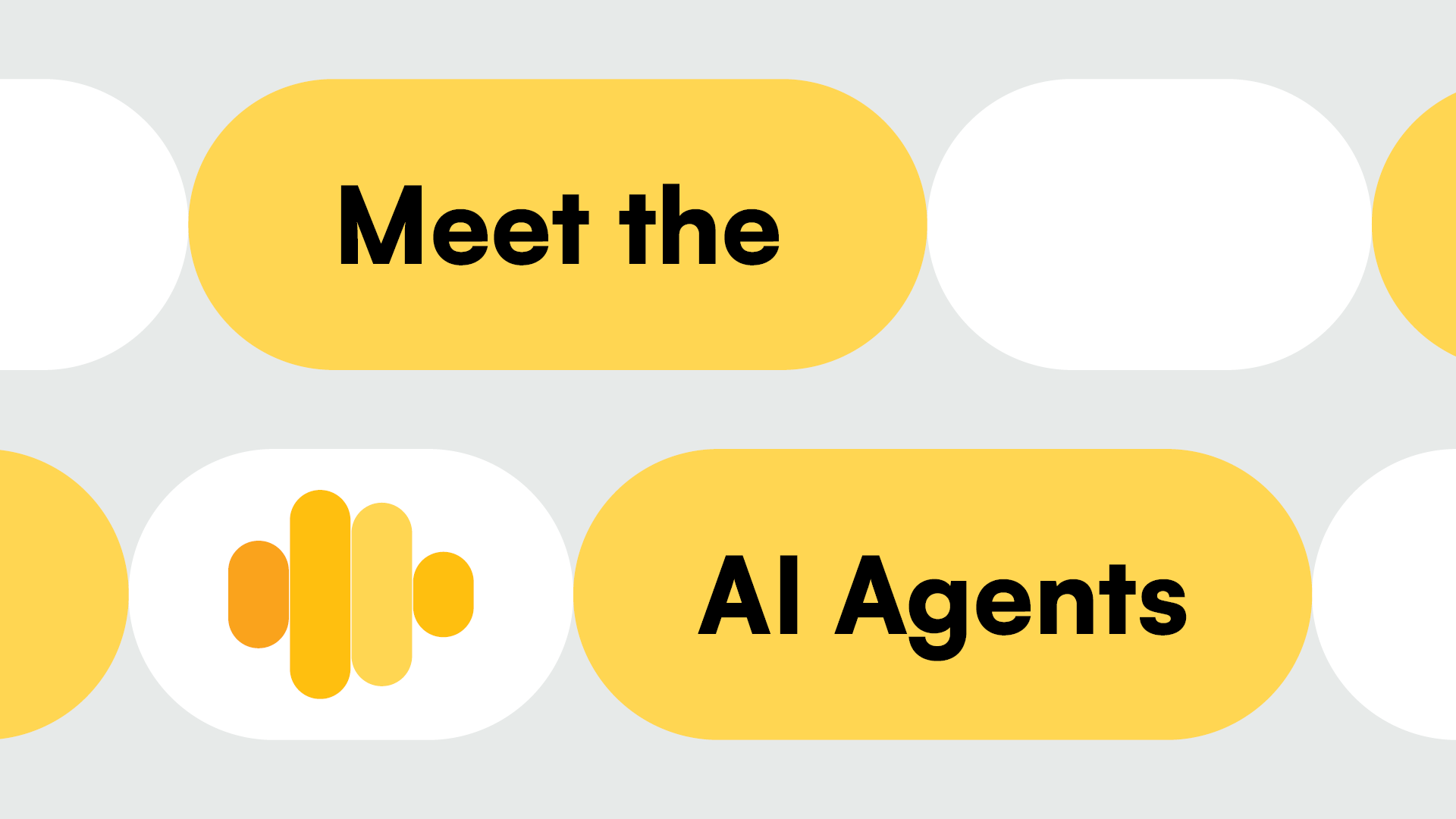Is Your Fleet Ready for AI? It's Time for a Tech Stack Reality Check


We've all heard the buzz about AI. It seems to have limitless potential, from writing emails to acting on our behalf. But here's the reality check: AI tools often hallucinate. That’s tech talk for guessing or confidently making things up when they don’t know the answer.
Why does this happen? Most AI models are trained on vast, unfiltered data from the internet. The key to unlocking AI's true potential is to feed it solid, reliable, and structured data. This means taking a hard look at your technology stack. Is it fit for the future, or is it holding you back?
Let's break down what a modern, AI-ready fleet tech stack looks like.
From On-Premise to Cloud-Native
The old way of doing things relied on rigid, on-premise servers. Today, it’s all about being cloud-native. This isn’t just a buzzword; it’s a fundamental shift. A cloud-native infrastructure means your data is:
- Always on and accessible from anywhere.
- Securely stored and encrypted.
- Automatically backed up.
This cloud foundation is non-negotiable for AI to work seamlessly.
Centralise Your Data
The single biggest roadblock to using AI effectively is data scattered across different spreadsheets and systems that don’t talk to each other. The future requires centralised and structured data. Think of it as having one perfectly organised library instead of books scattered across different rooms. AI tools, especially intelligent agents that can act on your behalf, thrive on this kind of clean, structured data.
Embed Intelligence, Don't Just Rely on It
Historically, many systems relied on the knowledge of a single, seasoned fleet manager. This expertise is invaluable, but it's also a risk. Best practice is now about integrating embedded AI and machine learning directly into your systems. This isn't about replacing human expertise. It's about capturing and enhancing it, so your best knowledge is always available to provide consistent recommendations that a human can then validate.
Modernise Financial Operations
Manual invoicing and slow reconciliation are hallmarks of the old way. The future is built on a single, consolidated source of financial data. By automating workflows, you reduce manual work and gain a real-time view of your financial and fleet health. This is crucial for making timely, AI-driven decisions.
Connect Your Ecosystem with APIs
Closed systems with manual data entry create errors and inefficiency. Today, you need an API-first ecosystem. An API is simply a way for different software programs to talk to each other. This approach allows your system to easily integrate with other industry tools, giving you a complete, live view of your operations without manual data transfer.
Focus on an Intuitive User Experience
The days of extensive training for clunky, office-bound software are over. The best tools today are intuitive and omnichannel, simple to use on any device. Whether you’re a driver on the road, a mechanic in the workshop, or a fleet manager in the office, the experience should be seamless.
Shift from Reactive to Predictive
This is where AI truly shines. By analysing your structured data, AI can forecast maintenance needs, identify risks before they become problems, and recommend specific actions. But it's not a black box. Human-led validation is still a key part of the process. The AI provides the insight; you provide the intelligence to make the right call.
Your Next Steps
The promise of AI in the fleet industry is real, but to make it work, you need a modern technology stack built on reliable, structured data.
Take a moment to assess your own operations. Are you set up for the exciting AI tools of today and the ones just around the corner?
At FleetGuru.ai, we're helping businesses across the fleet maintenance space modernise their setups for this future. If you’d like assistance getting your fleet future-ready, please reach out. We’d be happy to help.













